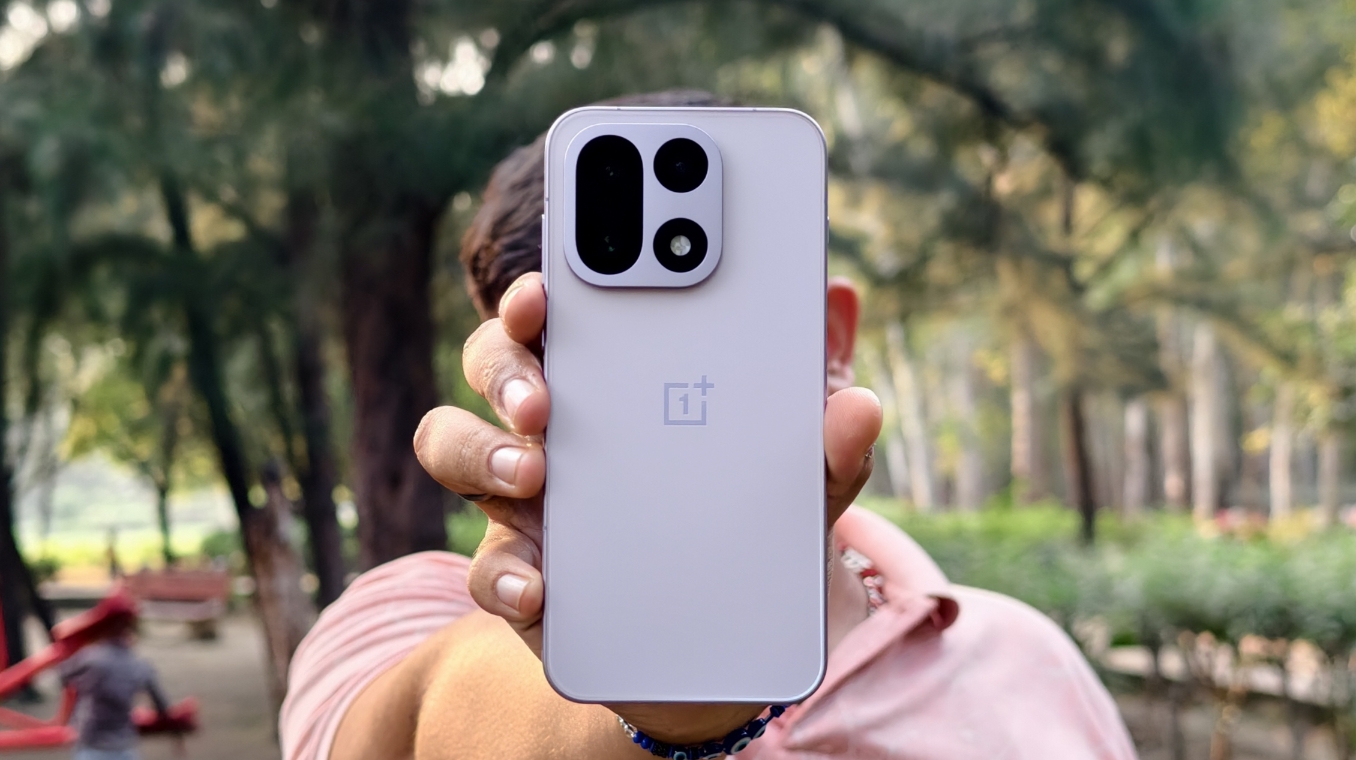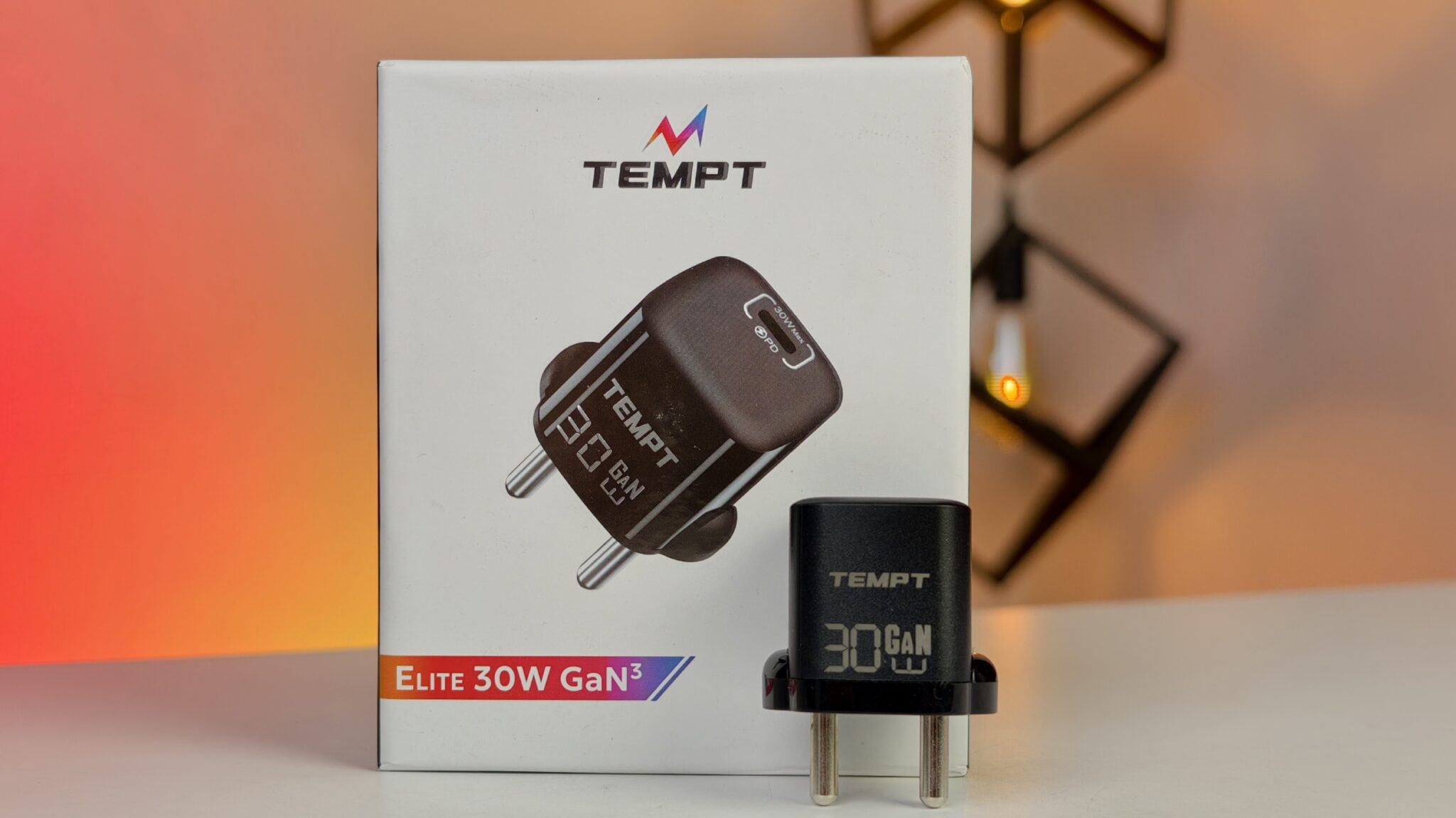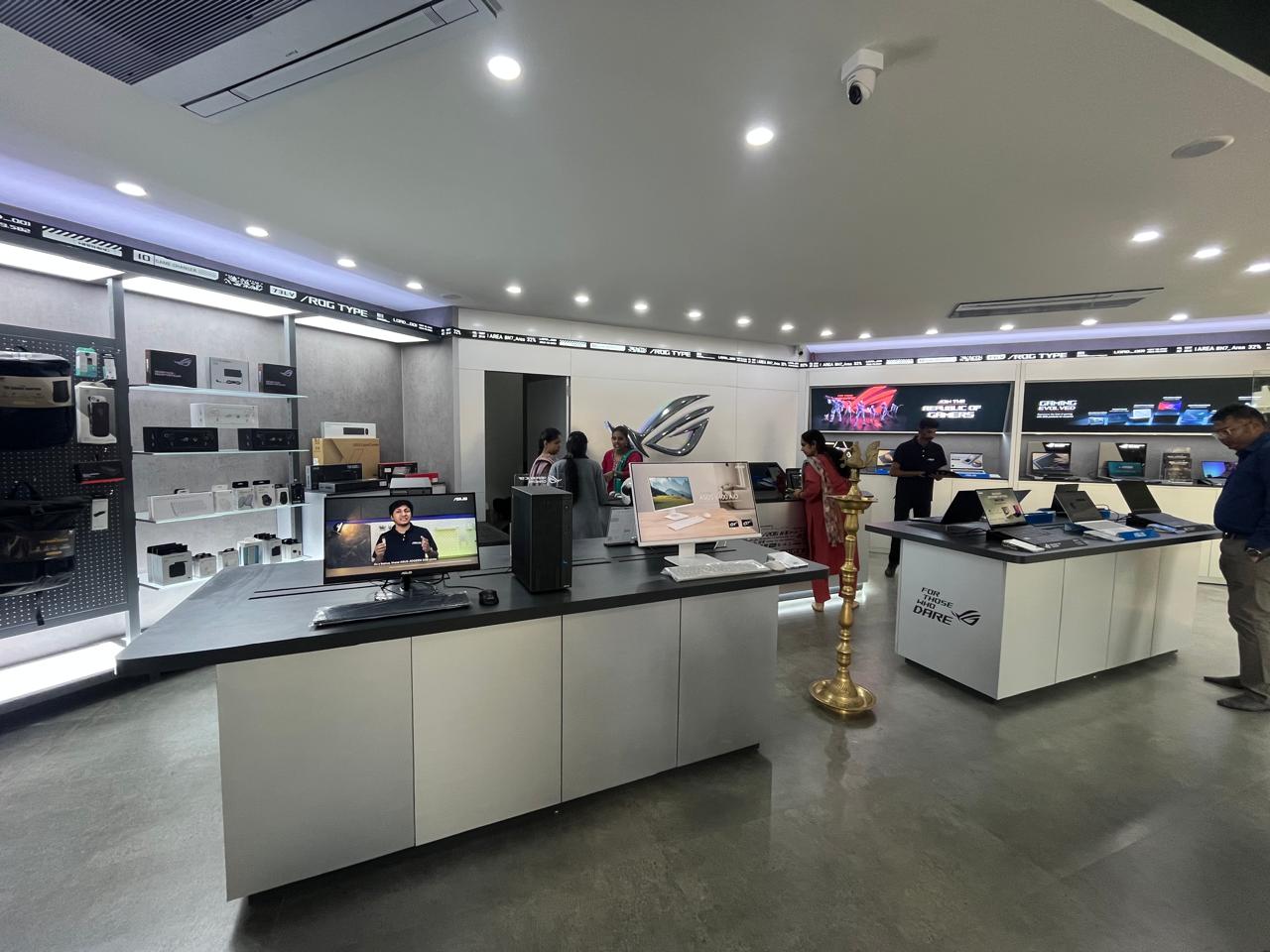AI-powered answer engine Perplexity AI has set up its first office in Asia, choosing India as the hub for its regional operations. The move marks a significant milestone for the U.S.-based startup, which has been positioning itself as a fresh alternative to Google Search. The company says it was drawn by India’s deep reservoir of developer talent and its fast-growing digital economy.
Aravind Srinivas, CEO of Perplexity AI, confirmed the expansion, emphasizing the unique possibilities India offers in both innovation and market scale. “India represents a powerful blend of engineering talent and digital adoption,” he noted, calling the country a strategic cornerstone for the company’s next phase of growth.
Key Takeaways
- Perplexity AI, a U.S.-based AI search startup, opens its first Asian office in India.
- The decision is largely influenced by India’s vast software developer base and growing internet penetration.
- CEO Aravind Srinivas, who has Indian roots, identifies India as a key growth market.
- The company aims to work directly with Indian talent and businesses to shape more localized experiences.
Choosing India over other potential tech hubs in Asia signals a deliberate focus. For Perplexity AI, this isn’t just about presence, it’s about partnership. The company, founded in 2022, operates as a conversational answer engine that aims to simplify how people search for information. Rather than listing web pages, it uses large language models to generate direct answers, backed by clear source citations. That model is starting to resonate with users seeking faster, more concise insights.
Srinivas has spoken openly about why India stood out. With one of the world’s largest communities of software developers, the country offers a rich environment for collaboration and experimentation. By setting up shop locally, Perplexity hopes to co-develop features with Indian engineers that could ultimately appeal to users worldwide.
Of course, entering the Indian market puts Perplexity in direct competition with some heavyweights. Google, in particular, has long been the go-to search engine for most Indians, while Microsoft has also ramped up its AI presence. Still, Perplexity is betting that its answer-first experience will attract users who are ready for something a little more streamlined.
The announcement has been met with a generally upbeat response in Indian tech circles. Many in the community view it as further validation of India’s growing role in the global AI ecosystem. There’s also cautious optimism that this move could lead to new jobs in AI research, engineering, and product development, even if details about the specific city or hiring numbers haven’t been shared just yet.
Overall, while it’s still early days, the decision underscores a broader trend: AI companies aren’t just looking at India as a market. They’re beginning to see it as a partner in building the future of search.
Frequently Asked Questions (FAQs)
Q1. What is Perplexity AI?
A1. Perplexity AI is an AI-powered answer engine. When you ask it a question, it scans the web and provides a direct, summarized answer with links to the sources it used. This is different from traditional search engines that mostly show a list of websites.
Q2. Why did Perplexity AI choose India for its new office?
A2. Perplexity AI chose India because of its large number of skilled software developers, its fast-growing internet market, and the opportunity to build a product with insights from Indian users and engineers.
Q3. Who is Aravind Srinivas?
A3. Aravind Srinivas is the co-founder and Chief Executive Officer (CEO) of Perplexity AI. He has a background in AI research and has worked at prominent labs like OpenAI and DeepMind before starting his own company.
Q4. How is Perplexity AI different from Google Search?
A4. The main difference is in the presentation of results. Google Search primarily provides a list of links to web pages that you must visit to find your answer. Perplexity AI reads those pages for you and gives you a direct, written answer with citations, saving you the step of clicking through multiple links.



















